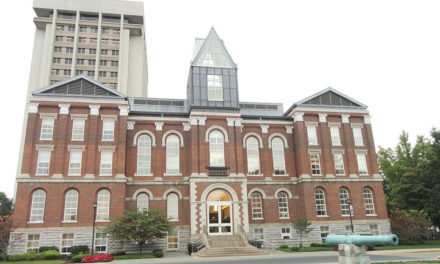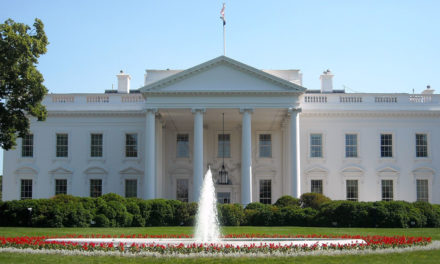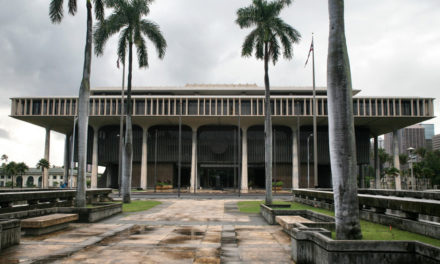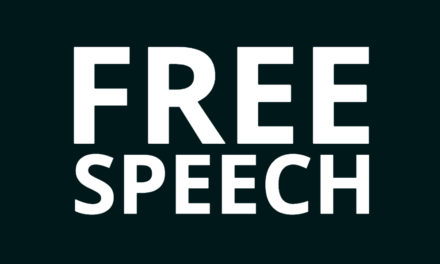A city that allows groups to host rallies and even raise flags commemorating those events on public property can’t prohibit a Christian flag, a civic group with a religious emphasis will argue to the U.S. Supreme Court on January 18. This important First Amendment case pits free speech and religious freedom rights of individuals and organizations against a local government’s position that it is avoiding constitutional problems by prohibiting the flag.
The dispute started innocently enough. The City of Boston allows civic groups to utilize the City Hall Plaza to hold public events. The plaza contains three flagpoles, the first of which is used to fly the American and POW/MIA flags. The Massachusetts state flag flies on the second, and the Boston city flag usually flies on the third.
The city has allowed civic groups to fly their own special flags on that third flagpole. In fact, from 2005 through June 2017, the city approved 284 flag raising events without a single denial.
That is, until Harold Shurtleff, the director of Camp Constitution, applied to use the plaza in September 2017 to commemorate Constitution Day, the day we celebrate the anniversary of the signing of the Constitution on September 17, 1787. When Shurtleff applied to the city to allow him to raise Camp Constitution’s flag, which is the Christian flag, his request was denied.
“We didn’t have a past practice of allowing religious flags, and we weren’t going to allow this flag raising,” the city explained.
That denial by the city prompted a lawsuit by Shurtleff, which will be heard by the justices next week. He and his attorneys with Liberty Counsel will argue that the city’s denial of the flag request amounted to “viewpoint discrimination.” The First Amendment requires the government, when it opens up a free speech forum of any kind, not to pick and choose between the types of speech it allows and prohibits. By prohibiting religious flags but permitting other types of flags, Shurtleff argues, the city crosses a constitutional line.
Additionally, when the disfavored speech is religious in nature, the religion clauses of the First Amendment also come into play, because the government is also not permitted to show hostility toward religion.
The city, however, argues the First Amendment requires it to avoid endorsing a religious message in order to comply with the Establishment Clause (“Congress shall make no law respecting an establishment of religion … ”). The city argues that the Christian flag raised on a city flagpole becomes the city’s message, or speech, and that it can’t permit that to happen without violating the First Amendment.
Shurtleff, on behalf of the Constitution Camp, argues that the flag does not “become” the city’s message merely by being hoisted onto a flagpole any more than any of the previous 284 flags raised on the pole were somehow converted into the city’s message.
Two lower courts, however, including the 1st U.S. Circuit Court of Appeals in Boston, have sided with the city’s arguments. So, who is right?
As I’ve noted previously, the high court typically doesn’t agree to hear a case that a majority of the justices feel was correctly decided by the lower court. That fact that the justices agreed to hear this appeal might indicate several are already receptive to the free speech arguments from Shurtleff and Camp Constitution.
If you listen to the livestream audio of the oral arguments on January 18, you will undoubtedly hear much of the questioning from the justices directed to the constitutional question of whether the private organization’s flag raised on this particular flagpole constituted private, or governmental, speech.
The answer to that question will likely determine the outcome of Shurtleff’s appeal.
The case is Shurtleff v. City of Boston.
Photo from Shutterstock.






